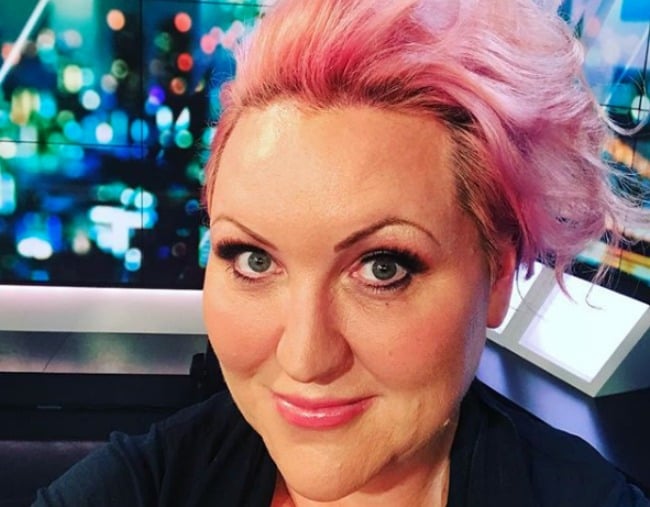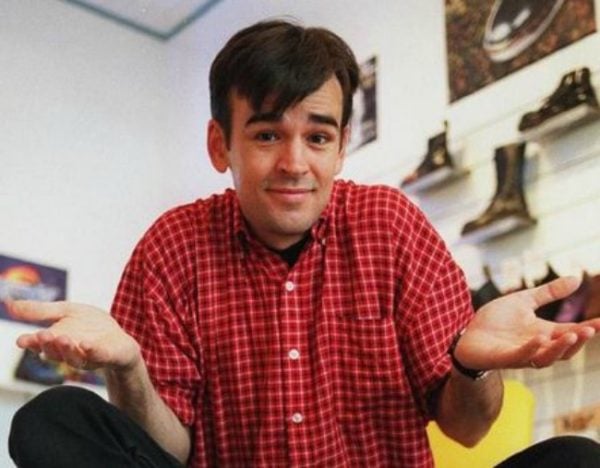
Should there be a statute of limitations on bullying behaviour? Should there come a time where we acknowledge that a person who was guilty of bullying in the past no longer behaves in that way, hasn’t behaved in that way in a very long time, and so should not be subject to punishment and public shaming for it now?
This is a question I am genuinely afraid to ask, because it’s the kind of enquiry that elicits fierce opposition in our current cultural configuration. Please believe me when I tell you I ask it, not to spark debate, nor to create a hideous social media backlash for myself, but because I honestly don’t know the answer. I try to think it out again and again and I can’t seem to come to a conclusion that makes sense and that doesn’t victimise someone. I can’t find a way through it that doesn’t feel like bullying in and of itself.
The emotional response of people who still carry the scars of bullying is completely understandable. On the one hand, I see an argument along the lines that where the injury still exists, the perpetrator is still guilty. On the other hand though, I believe fundamentally in the idea of change, or what Buddha called “Impermanence”. I believe and in fact can observe quite easily with my own two eyes that everything in this world, every mountain, every blade of grass and every person is constantly changing.


Top Comments
I don't really think you can compare the two circumstances. Tim Ferguson sent a series of nasty, intimidating, vindictive letters over a period of time, which he only apologised for when the media came after him. Meshel yelled at someone in a moment of frustration who had failed to do their job and had caused her to look unprofessional in public, then apologised.
There's being an obnoxious dickhead, and then there is sending multiple frightening letters that target one person with the intention to humiliate and intimidate, over months. That steps way over the boundaries of youthful foolishness - it was predatory, sustained and calculated.
People with genuine regrets about past behaviours own them and admit and apologise for their mistakes. The apology that came to Sutton was prompted only after she said she was writing about the abuse she copped. Given that Ferguson continues to make a living in the industry, I think those of us who followed him as a fan (not anymore) deserve to know that they were paying money to see an abusive man. I certainly won't make the same mistake again.
I would also advise caution when adopting the "I know he's not like that because he's been a swell guy to me" defence. Plenty of abusive individuals are as charming and lovely as you like to some people, whilst being monsters to others. Being a friend or ally of yours is not a defence or innoculation against an allegation by another person.